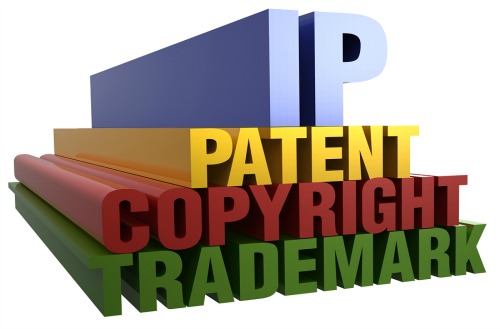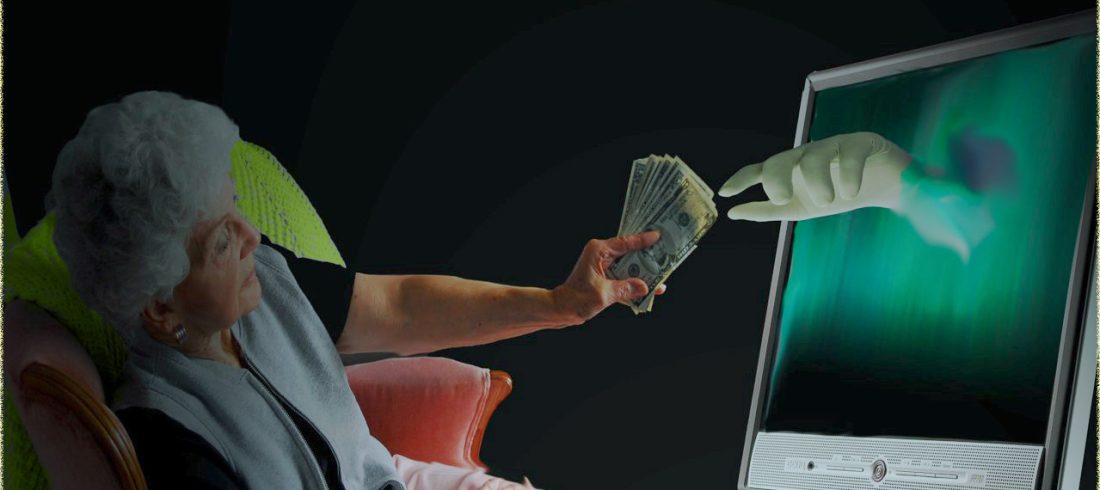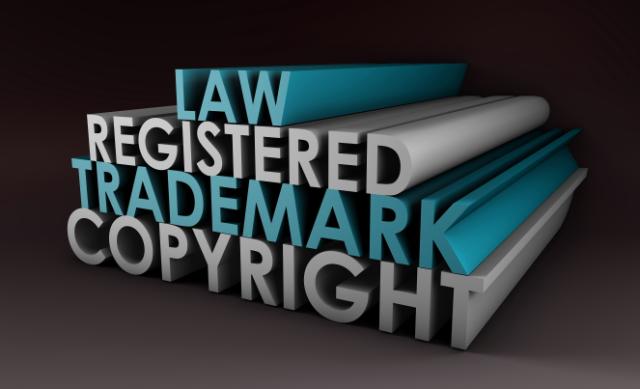We have discussed a bird’s eye view of what intellectual property law is and what role it plays in Thailand’s legal and business landscapes. This time, let us look at what items are covered by intellectual property law, and how you can, as a businessman, avail of protection for your intellectual properties.
It’s important to know what the coverage of intellectual property is so that you’ll know which protection you will want to subscribe to when you’re doing business in Thailand. Now, there are three types of intellectual properties that you can register in Thailand, and these are: marks, patents and copyrights.
Marks
First on the list is the mark. Now, the mark is something that you use to distinguish your brand or products from the competition. For instance, attaching a signature to a document means attaching your own unique mark into the document. Now, when you deal with goods or actual physical products, you put your company’s mark to it in order to distinguish it from the competition’s produce. Thus, Nike has the Swish logo, Pepsi has its red and blue circle, so on and so forth.
The Thai Trademark Act, which was passed in 2000, set the following guidelines for defining trademarks:
It could be a sound, a group of letters or colors, a word, a statement, a letter from the alphabet, a photograph, a drawing, a graphic design, a name, or shapes that you use to identify with your brand.
It must be seen with your brand’s products or services.
It must be distinctive and easily set apart from other trademarks, and should be unique as well.
Patents
Patents cover the technological side of intellectual property. It mainly covers inventions by a creator and, by availing of protection from the intellectual property law, the inventor grants himself the exclusive right to make use of his creations for whatever purpose that it was invented for. If anyone wants to make use of the invention, he or she will have to pay to gain the license to use such inventions. Having a patent granted can also give additional value to a business’ products and services, enabling the company or the inventor to build a good reputation.
Patents can cover the creation of machinery, tools, instruments, methods, systems, businesses processes, chemical compounds, and formulations that are used in carrying out the patent owner’s trade or business.
Copyrights
Copyrights provide protection to artists, particularly musicians, book authors, graphic artists and many other people who engaged in artistic endeavors. Just like patents, having copyrights protected by Thai law enables the copyright owner to bar or permit the use of their works by third parties. Often times, these parties will have to pay a fixed royalty fee for every use of the copyright especially when they are using it to earn money for themselves.
The goal of copyrights, in a nutshell, is to prevent someone from taking unfair advantage of a work that the creator has expended a lot of time and effort to.






